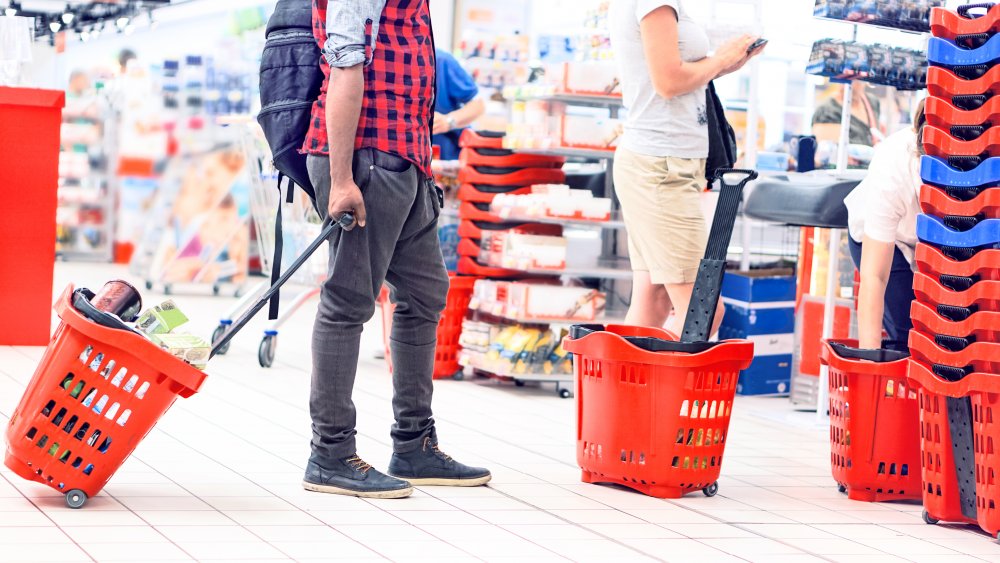How Retailers Are Handling Returns As Stores Reopen
Fixing a purchase mistake used to be simple. If, after you bought something, you found that it didn't work properly, or it did fit in the way you expected, you could simply bring it back to the store for a full refund, or for store credits. But that's all about to change in a post-pandemic world.
Even if the CDC says that the virus doesn't spread easily by touching potentially-germy surfaces, that doesn't mean it's time to let our guards down where the coronavirus is concerned. One of those precautions involves how a store might handle returned items, which it seems has come after a great deal of consideration.
The most common strategy many stores have adopted is extending the amount of time a customer has to return an item, and then "quarantining" that item when it comes back to the store. Kohl's CEO Michelle Gass tells USA Today that her stores have extended their return policy of 180 days by 30 days because of COVID-19. The returned merchandise will then be kept off the sales floor for 48 hours. The same goes for Old Navy; the store's president, Nancy Green, also says, "We're quarantining returns that come into the stores right now. They go into a separate area for a period of time and then they get processed back into inventory that is available to sell as long as they're not damaged."
Stores are planning their return policies carefully
Other stores, like sporting goods store Dick's are even trying to make things easy for customers by extending its return policy from 60 to 90 days, and allowing for coordinated curbside returns for items paid for with debit or credit cards. Other stores that took precautions during the height of closures also restrict what kinds of items can be returned for safety purposes. Target suspended returns between March 26 and April 26, while Costco and Walmart are not allowing customers to bring back in-demand items such as toilet paper and cleaning supplies (via BStock).
Stores are having to plan carefully where the issue of returns are concerned, not just because they need to be able to fulfill their customer satisfaction promises while protecting both customers and staff, but also because returns are expected to create an assault on a store's earnings. Returned items represent a lost sale, particularly in the case of companies like Sephora, which specifically says that it will destroy all returned products for the safety of its clients and employees, and that this policy would stay in place until further notice.

